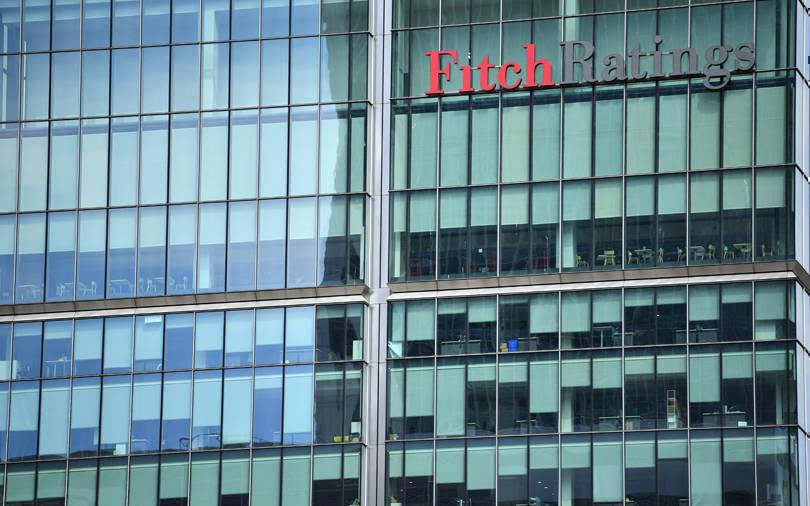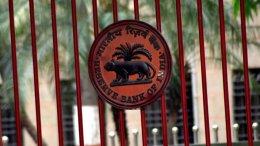Fitch cut its outlook on India's sovereign rating to "negative" from "stable" on Thursday and forecast a 5% contraction in growth for the current fiscal year, saying the coronavirus outbreak was extracting a heavy toll on the economy.
"The coronavirus pandemic has significantly weakened India's growth outlook for this year and exposed the challenges associated with a high public-debt burden," the ratings agency said in a statement.
However, Fitch maintained its India rating at 'BBB-', the lowest investment grade.
The move comes after Moody's downgraded India earlier this month to a notch above junk, falling in line with other global agencies, while also cutting its outlook to 'negative'. But S&P shortly after affirmed its rating and maintained a 'stable' outlook.
Fitch said it expected India to rebound with growth of 9.5% in 2021/22, mainly due to a low base but highlighted that its forecasts are subjected to considerable risks due to continued rise in new COVID-19 cases as nationwide lockdowns are eased gradually.
The agency said the medium-term fiscal outlook is of particular importance from the rating perspective, but is subject to great uncertainty and would depend on the level of GDP growth and government's policy intentions.
Fiscal metrics have deteriorated significantly and Fitch said it expects government debt to jump to 84.5% of GDP this year from 71% last year and sharply higher than the median 52.6% for other similar rated countries in 2020.
Fitch said India's medium-term GDP growth outlook might be negatively affected by renewed asset-quality challenges in banks and liquidity issues in non-banking financial companies and need for further financial support for banks is inevitable.
"It remains to be seen whether India can return to sustained growth rates of 6% to 7% as we previously estimated, depending on the lasting impact of the pandemic, particularly in the financial sector," they wrote.






